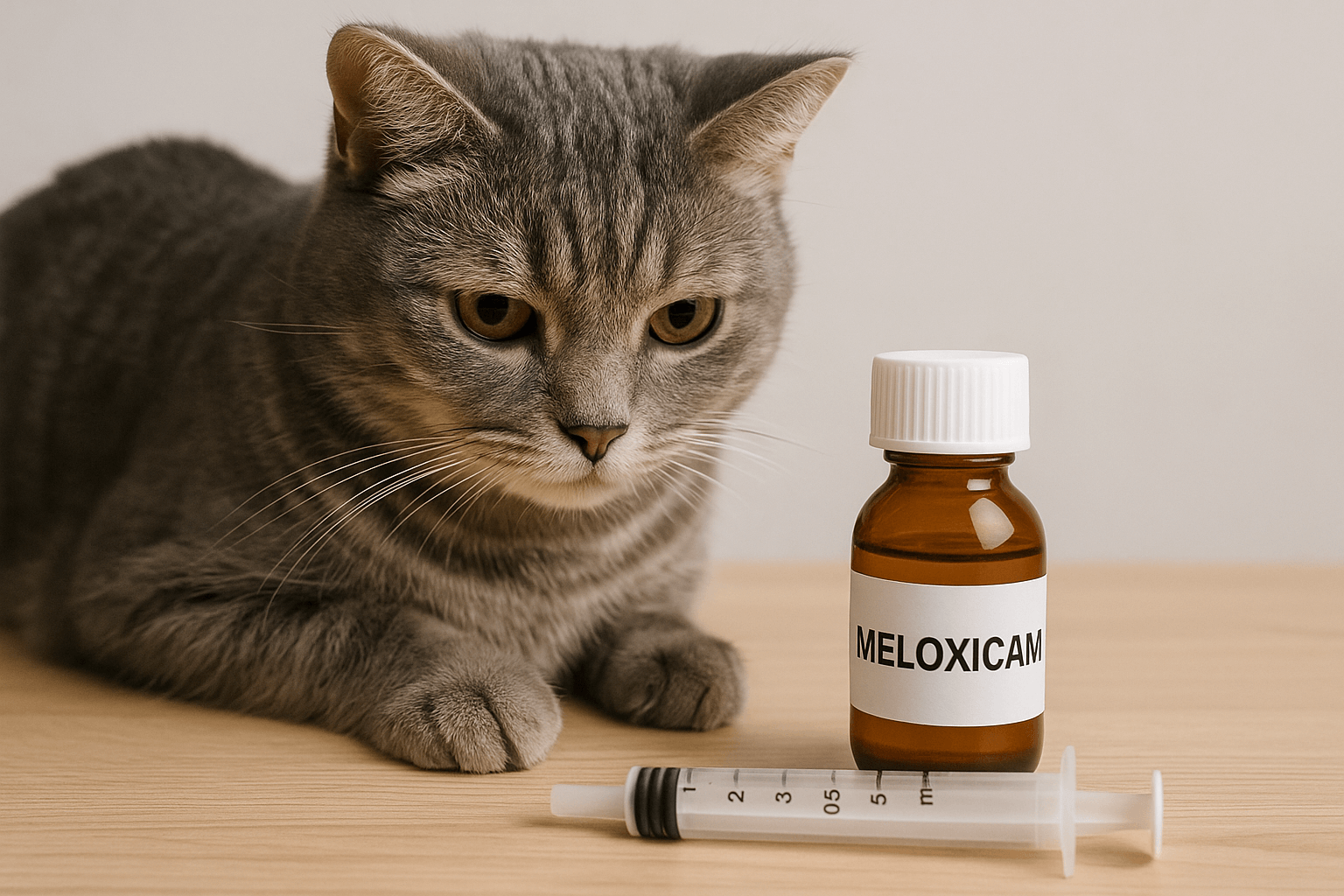What is Hepatic Dog Food? A Guide to Supporting Your Dog’s Liver Health
If your veterinarian has recommended hepatic dog food for your furry friend, you might be wondering what it is and why it’s important. Hepatic dog food is specially formulated to support dogs with liver conditions, such as chronic hepatitis or hepatic encephalopathy. The liver plays a crucial role in filtering toxins, metabolizing nutrients, and maintaining overall health, so when it’s compromised, dietary management becomes essential.
In this blog post, we’ll explore the purpose of hepatic dog food, its benefits, and how it can help improve your dog’s quality of life. Whether you’re new to the concept or looking for more details, this guide will provide all the information you need to make informed decisions about your dog’s nutrition.
Key Features of Hepatic Dog Food
Hepatic dog food is designed with specific nutritional components to reduce strain on the liver and promote healing. Here are some of the key features that set hepatic dog food apart from regular dog food.
Low Protein Content:
Hepatic diets often contain reduced levels of high-quality protein to minimize the production of ammonia, which can accumulate in dogs with liver issues.High-Quality Protein Sources:
The protein included is highly digestible, such as chicken, fish, or egg-based proteins, to ensure optimal nutrient absorption without overloading the liver.Controlled Sodium Levels:
Lower sodium content helps prevent fluid retention and reduces the risk of complications like ascites (fluid buildup in the abdomen).Increased Fiber Content:
Dietary fiber aids in binding toxins in the gut, preventing them from being absorbed into the bloodstream and reaching the liver.Balanced Vitamins and Minerals:
Hepatic dog food is fortified with essential vitamins and minerals, including antioxidants like Vitamin E and C, to support overall liver function.
These features make hepatic dog food an effective tool in managing liver conditions. By addressing the unique needs of dogs with liver disease, this specialized diet can significantly improve their health and comfort.
Benefits of Feeding Hepatic Dog Food
Switching to hepatic dog food can have numerous benefits for dogs with liver-related health issues. Here’s how this specialized diet can positively impact your dog’s well-being.
Reduces Ammonia Levels:
By limiting protein intake and using high-quality sources, hepatic dog food helps lower ammonia levels in the blood, reducing the risk of hepatic encephalopathy.Supports Liver Regeneration:
Nutrients like omega-3 fatty acids and antioxidants promote healing and regeneration of liver cells.Improves Digestion:
Increased fiber content supports healthy digestion and reduces gastrointestinal discomfort, which is common in dogs with liver disease.Prevents Nutritional Deficiencies:
Balanced formulas ensure that dogs receive all the essential nutrients they need, even with dietary restrictions.Enhances Overall Quality of Life:
By alleviating symptoms like lethargy, vomiting, and loss of appetite, hepatic dog food helps dogs feel more energetic and comfortable.
Feeding hepatic dog food can make a significant difference in managing liver disease and improving your dog’s daily life. Always consult your veterinarian to ensure it’s the right choice for your pet.
Check this guide 👉Homemade Hydrolyzed Protein Dog Food: Best 7 Tips!
Check this guide 👉Is 4Health a Good Dog Food? Best 7 Expert Tips!
Check this guide 👉Is Health Extension a Good Dog Food? Best 7 Expert Tips!

Key Ingredient | Role in Hepatic Dog Food |
|---|---|
High-Quality Protein | Minimizes ammonia production and supports muscle health. |
Dietary Fiber | Binds toxins in the gut to reduce liver strain. |
Omega-3 Fatty Acids | Promotes anti-inflammatory effects and liver regeneration. |
Controlled Sodium | Prevents fluid retention and complications like ascites. |
Antioxidants (Vitamins E/C) | Protects liver cells from oxidative stress. |
How to Transition Your Dog to Hepatic Dog Food
Transitioning your dog to hepatic dog food requires careful planning to avoid digestive upset and ensure they adapt well to the new diet. Here’s a step-by-step guide to making the switch smoothly.
Consult Your Veterinarian:
Before making any changes, discuss the transition with your vet to confirm it’s the best option for your dog’s specific condition.Gradual Transition:
Mix small amounts of hepatic food with your dog’s current diet, gradually increasing the proportion over 7-10 days.Monitor for Reactions:
Watch for signs of digestive distress, such as diarrhea or vomiting, and adjust the transition pace if necessary.Offer Small, Frequent Meals:
Feeding smaller portions more frequently can ease the digestive process and reduce strain on the liver.Stay Consistent:
Once fully transitioned, stick to the hepatic diet unless otherwise advised by your veterinarian.
A smooth transition ensures your dog adapts comfortably to hepatic dog food while reaping its full benefits. Patience and consistency are key during this process.
Common Misconceptions About Hepatic Dog Food
There are several misconceptions about hepatic dog food that can lead to confusion among pet owners. Let’s clear up some of the most common myths.
Myth: All Dogs with Liver Issues Need Low-Protein Diets:
While many benefit from reduced protein, the focus should be on high-quality, easily digestible protein rather than eliminating it entirely.Myth: Hepatic Dog Food Is Only for Advanced Liver Disease:
It can also be used preventatively or in early stages to support liver health before severe damage occurs.Myth: Homemade Diets Are Just as Effective:
Without veterinary guidance, homemade diets may lack the precise balance of nutrients needed for liver support.Myth: Hepatic Dog Food Tastes Bad:
Many brands offer palatable options that dogs enjoy, ensuring they eat enough to meet their nutritional needs.Myth: Once Started, Dogs Must Stay on Hepatic Food Forever:
Depending on the condition’s progression, some dogs may eventually return to a regular diet under veterinary supervision.
Understanding these misconceptions helps ensure you make informed decisions about your dog’s dietary needs.
Signs Your Dog May Benefit from Hepatic Dog Food
Recognizing the signs of liver issues early can help you intervene with hepatic dog food before the condition worsens. Here are some indicators that your dog might benefit from this specialized diet.
Lethargy and Weakness:
Dogs with liver problems often appear unusually tired or uninterested in activities they once enjoyed.Loss of Appetite:
A sudden decrease in appetite can signal underlying liver dysfunction.Jaundice (Yellowing of Skin/Gums):
This visible symptom indicates elevated bilirubin levels due to impaired liver function.Vomiting or Diarrhea:
Persistent digestive issues may point to liver-related complications.Swollen Abdomen:
Fluid accumulation in the abdomen, known as ascites, is a common sign of advanced liver disease.
If you notice any of these signs, consult your veterinarian promptly. Early intervention with hepatic dog food can make a significant difference.
Ingredients to Avoid in Hepatic Dog Food
When choosing or preparing hepatic dog food, it’s important to avoid certain ingredients that could worsen liver conditions. Here’s what to steer clear of.
High-Fat Foods:
Excessive fat can strain the liver and exacerbate existing issues.Raw Fish or Meat:
These can carry bacteria or parasites that further tax the liver.Salty Snacks or Table Scraps:
High sodium levels contribute to fluid retention and other complications.Artificial Additives:
Preservatives, colors, and flavors can be toxic to a compromised liver.Excess Carbohydrates:
Too many carbs can lead to weight gain and metabolic stress, worsening liver health.
Avoiding these ingredients ensures your dog’s diet remains safe and supportive of their liver health.
Tips for Enhancing Your Dog’s Experience with Hepatic Dog Food
Making hepatic dog food appealing and enjoyable for your dog can encourage better eating habits. Here are some tips to enhance their experience.
Warm the Food Slightly:
Heating the food to room temperature can enhance its aroma and make it more enticing.Add a Splash of Low-Sodium Broth:
A small amount of broth can improve flavor without compromising the diet’s benefits.Incorporate Vet-Approved Toppings:
Adding a sprinkle of grated vegetables or a dollop of plain yogurt can boost palatability.Serve in a Clean Bowl:
Ensuring the feeding area is clean and inviting encourages your dog to eat.Stick to a Routine:
Feeding at consistent times each day helps establish a sense of security and predictability.
These simple strategies can make mealtime more enjoyable for your dog while ensuring they receive the nutrition they need.
Frequently Asked Questions About Hepatic Dog Food
What is hepatic dog food?
It’s a specialized diet designed to support dogs with liver conditions by reducing strain on the liver and promoting healing.
Can I feed hepatic dog food to a healthy dog?
While possible, it’s not recommended unless advised by a veterinarian, as it may not meet all nutritional requirements for healthy dogs.
How long does it take to see improvements?
Improvements vary but typically occur within weeks to months, depending on the severity of the liver condition.
Is hepatic dog food expensive?
It may cost more than regular dog food, but the investment is worthwhile for managing liver health effectively.
Can I mix hepatic dog food with treats?
Only use vet-approved treats, as certain ingredients could counteract the benefits of the diet.
Final Thoughts: Supporting Your Dog’s Liver Health with Hepatic Dog Food
Hepatic dog food is a powerful tool in managing liver conditions and improving your dog’s quality of life. By understanding its purpose, benefits, and proper usage, you can make informed decisions that support your furry friend’s health. Always work closely with your veterinarian to tailor the diet to your dog’s specific needs. With the right care and nutrition, you can help your dog live a happier, healthier life despite liver challenges. Remember, every small step you take toward their well-being makes a big difference.
Cat Fever Treatment: Best 7 Expert Tips! Discover expert advice on identifying, managing, and treating fever in cats to ensure their quick recovery and well-being.
Understanding Meloxicam for Cats: Best 7 Expert Tips! Learn how to safely administer meloxicam, manage side effects, and ensure your cat's comfort with expert advice on feline pain relief.
Amoxicillin for Cat UTI: Best 7 Expert Tips! Discover safe usage, dosage guidelines, and expert advice on treating feline urinary tract infections effectively with amoxicillin.
Understanding Cat Cancer Treatment: Best 7 Expert Tips! Discover expert advice on managing feline cancer, from early detection to treatment options, ensuring your cat’s health and comfort.





